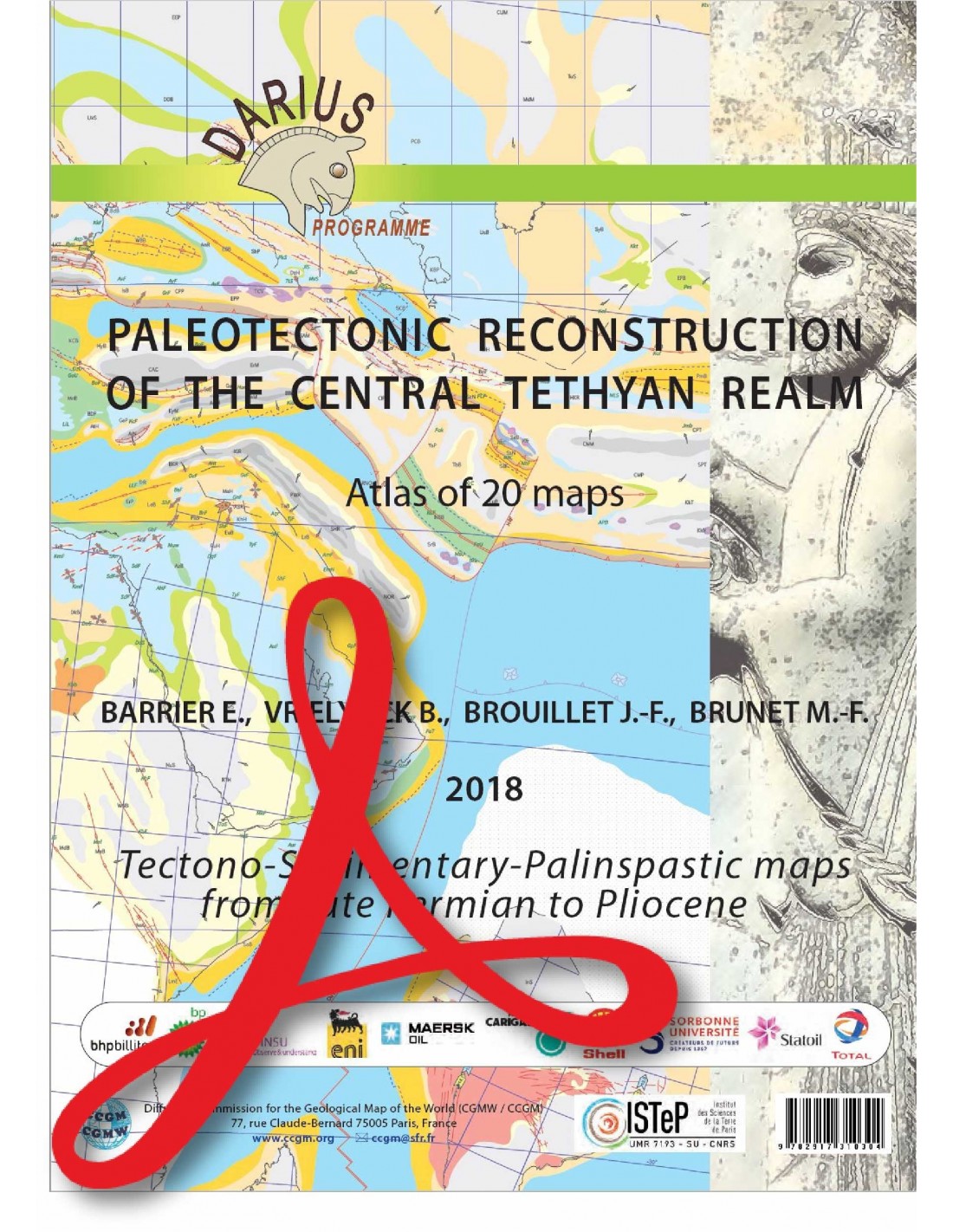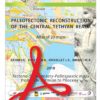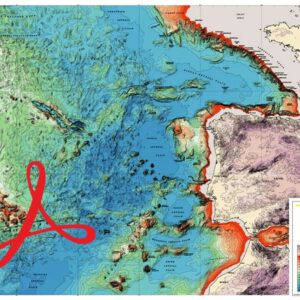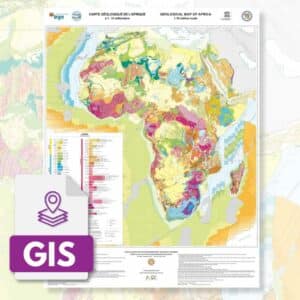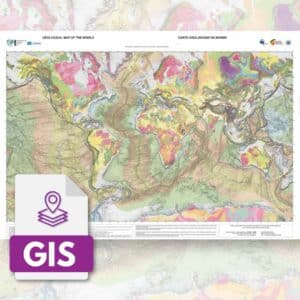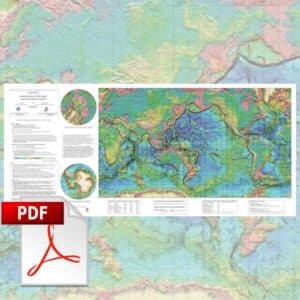As part of our commitment to the environment, we are in the process of switching to a more environmentally-friendly hosting provider. The site is currently being prepared for this transition.
Orders are temporarily suspended while the migration is finalised.
Thank you for your patience and support.
We look forward to seeing you soon with an even more ethical and efficient site!
Atlas DARIUS PDF - Paleotectonic Reconstruction of the Central Tethyan Realm
105,00 €
Equator scale: 1:15,000,000
Mercator projection Authors : E. Barrier & B. Vrielynck, J.-F. Brouillet, M.-F. Brunet (CNRS-Université Pierre et Marie Curie)
CCGM-CGMW © 2018 Digital version in high-resolution .pdf format, sent by download link.
Description
DARIUS Atlas PDF
Note This atlas is subject to a licence agreement, which can be downloaded from the "Downloads" tab on this page. The agreement must be signed and returned to the following address ccgm@sfr.frin order to receive the documents.
PROGRAMME ON GEODYNAMIC AND GEOTECTONIC EVOLUTION IN THE MIDDLE EAST AND CENTRAL ASIA.
RECONSTRUCTION OF THE EVOLUTION OF THE MIDDLE EAST SINCE THE MESOZOIC.
The 4-year DARIUS programme brought together the efforts of major oil companies (BHP Billiton, BP, ENI, MAERSK Oil, PETRONAS, Shell, Statoil and TOTAL) and French research institutions (INSU-CNRS, UPMC). DARIUS brought together a group of scientists with expertise in several areas of tectonics (structural analysis, paleostress reconstructions, subsidence modelling), stratigraphy (paleontology, sequence stratigraphy, sedimentology, organic matter analysis), petrography, kinematics and geophysics. Its aim was to characterise the major tectonic events and establish a precise chronology, from the Upper Permian to the Pliocene, of the tectonic evolution of the chains rising from the Middle East to Central Asia.
From 2009 to 2013, 116 scientific projects were funded. 350 researchers from 150 scientific organisations in 25 countries in Europe, the Middle East and Western Central Asia worked on the projects. A final 2-day conference was held in Paris at the UPCM in December 2014. 53 papers relating to the geology of the area studied reported on the results of the programme.
Contents of the DARIUS Atlas PDF
The set includes 20 maps at a scale of 1:15,000,000 for each of the periods shown below
|
|
|
Our palinspastic reconstruction begins in the Terminal Permian. We distinguish two major periods: pre- and post-Arabian-Eurasian collision. The palaeotectonic maps are based on an updated kinematic reconstruction of the movements of Africa-Arabia in relation to Eurasia. In 20 steps, the maps show:
1) the main tectonic features, including rifts, basins of various types, main mountain ranges and folded belts, main strike-slip faults, subduction zones, accretion prisms, etc..; 2) the main palaeofacies. Work on the DARIUS PDF Atlas has led to the publication of the following volumes: Journal of Asian Earth Sciences, volume 102 (2015) International Journal of Earth Sciences volume 105 (2016) Geological Society London Special Publications 427(1):SP427.17 (2017) Geological Society London Special Publications 428(1):SP428.16 (2017) The publications in these volumes will be followed by other work carried out as part of the Atlas DARIUS PDF programme.

